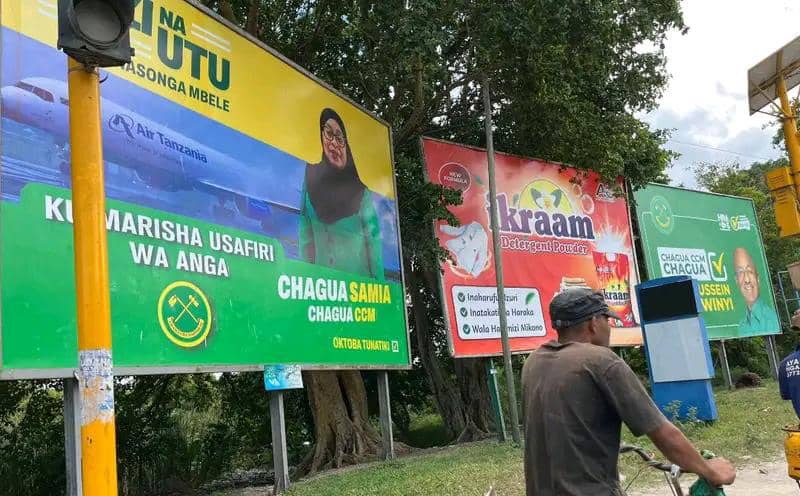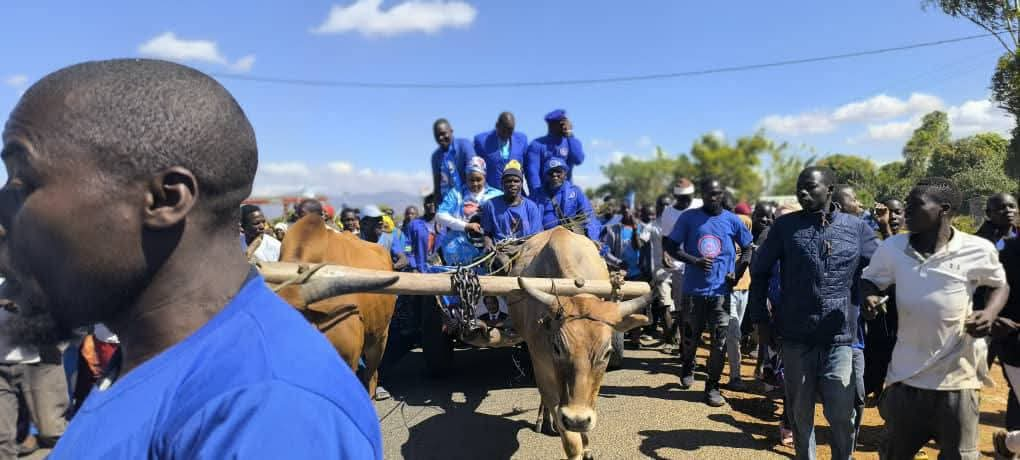34 Presidential Candidates from 17 parties vie for voter confidence ahead of October Poll
By Burnett Munthali
The narrow streets of Stone Town in Zanzibar, Tanzania, are quieter as election campaigns draw to a close.
This marks the end of a busy two-month campaign period that saw 18 political parties crisscrossing Zanzibar’s two islands to promote their party manifestos.
Unlike on Tanzania’s mainland, Zanzibar will hold an early vote on October 28, designed to give public servants a chance to exercise their constitutional right before the general population.
The presidential election results are expected to be announced within 72 hours of voting, according to Tanzania’s Independent Electoral Commission.
Women voters account for 378,334 of the electorate, representing 53 percent, while men make up 339,223, or 47 percent, according to Zanzibar Electoral Commission (ZEC) Director of Elections Thabit Idarous Faina.
Since campaigns began, candidates have made a variety of pledges aimed at winning voter confidence.
These pledges range from improving basic social services such as education and healthcare to unconventional promises, including the creation of a crocodile pond at the state house, intended to deal with corrupt government officials.
The 34 presidential candidates, each with their respective running mates from 17 political parties, have been actively engaging with voters to outline their vision for Zanzibar’s future.
Observers note that the intense campaigning reflects the competitive nature of the election and the high stakes for political parties seeking influence in the semi-autonomous region.
As Zanzibar heads to the polls, citizens and analysts alike are closely watching, aware that the outcome will have implications not only for local governance but also for political stability in Tanzania as a whole.
This election is seen as a critical test of democratic engagement in Zanzibar, with voter turnout, campaign pledges, and electoral conduct all under close scrutiny.




